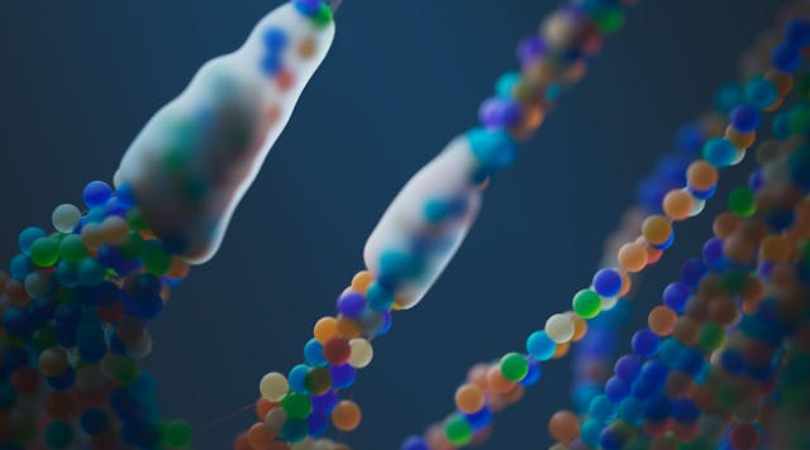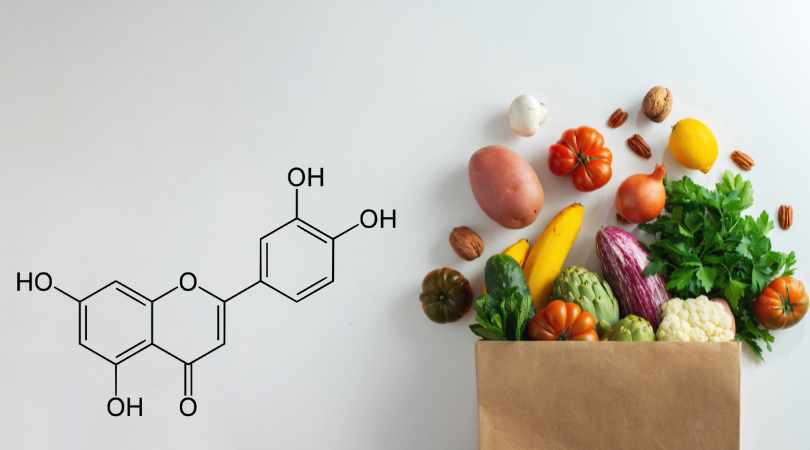Scientists have successfully restored the lost uricase enzyme, a key breakthrough in combating fructose-induced fat formation. This discovery offers new hope for preventing obesity and metabolic disorders by targeting how the body processes sugar and stores fat.
Limited Quantities Available! Order Today and Enjoy Free Shipping on Orders Over $100!
PCOS
A hormonal disorder often tied to insulin resistance—potentially worsened by fructose metabolism and mitochondrial dysfunction.
PCOS Is Often a Metabolic Issue First
Behind the hormone imbalance of PCOS lies a deeper problem: insulin resistance and energy disruption—often linked to fructose metabolism.
Fructose can drive fat accumulation in the liver, raise uric acid, and impair mitochondrial energy production—all of which worsen insulin resistance, a key driver of PCOS symptoms like irregular cycles, acne, and weight gain. These issues can persist even without visible sugar intake.
SugarShield is designed to support the body’s metabolic foundation. By helping reduce the impact of fructose metabolism, it offers a path toward improved insulin sensitivity, energy balance, and hormonal stability—especially for those managing PCOS.
What is PCOS?
Polycystic Ovary Syndrome (PCOS) is a hormonal condition affecting up to 1 in 10 women. It involves irregular periods, ovarian cysts, and signs of androgen excess like acne or hair growth.
The Insulin Connection
Most women with PCOS exhibit insulin resistance, even if they're lean. This disrupts hormone signaling in the ovaries and contributes to abnormal cycles and fertility challenges.
### Fructose and PCOS
Fructose may worsen PCOS by:
- Driving insulin resistance
- Inducing mitochondrial stress
- Increasing fat storage and inflammation
Even endogenous fructose production (from high-carb or high-stress states) may play a role in symptom flare-ups.
Restoring Metabolic Balance
By improving insulin sensitivity and reducing mitochondrial stress, many women experience:
- More regular cycles
- Reduced cravings
- Improved energy and mood
At LIV3, we believe PCOS is a metabolic condition at its core—and targeting fructose metabolism is one of the most direct paths to relief."






